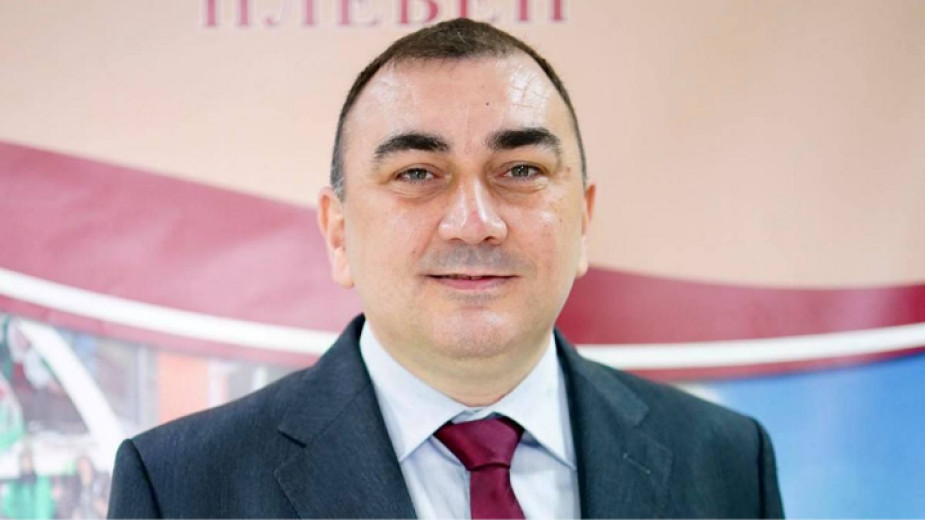More than 500 medical workers leave Bulgaria every year. With the start of the Covid crisis and the strain on the healthcare system, the shortage of medical workers reached a critical point. At this point statistical data are staggering – at medical establishments there is a shortage of 470 doctors and 26,000 nurses! In villages the situation is even worse, with only 20% of the openings for doctors being filled. In 10-15 years the shortage of medical workers will reach breaking point, as now one-third of all doctors are over the age of 50.
According to National Statistical Institute data, the number of general practitioners in the entire country is 4,015, but the number of young people applying to study for “medical specialist in healthcare” has more than halved.
From 635 applicants in 2011, in the space of just ten years the number of applicants has shrunk to 286, Prof. Dobromir Dimitrov, Rector of the Medical University in Pleven said in an interview for the BNR’s Horizont channel, and the main reason for this is:
“The low pay, the bad working conditions, the fact that it is a difficult profession as a whole. The young people applying to university, once they find out what awaits them on the labour market, they change their minds and no longer want to apply in these fields.”

The number of healthcare professionals at the end of last year stood at 45,000, nevertheless the shortage of nurses is a tendency. Professor Dimitrov:
“The nurse-doctor ratio is 0.9 to 1, even though the requirement is for 2 to 1. The state must intervene here to protect the specialties “nurse” and “midwife” so that we can have more applicants, i.e. so that we can make this profession more desirable to the young people applying to university.”
One of the young nurses who are still dedicated to the idea of tending to the sick is Mariela Budina. She obtained her education in Sofia, and is now practicing at one of the hospitals in the capital city.
“I chose this profession because I want to help people and I see the gratitude in their eyes. I have spent two years abroad. I was in Great Britain but I decided to come back to Bulgaria. There, you have to wait for months for a check-up or a procedure, in Bulgaria that is not so.”
At the beginning of the month the Ministry of Health proposed to the Ministry of Education that the profession of “nurse” be declared protected. According to the definition in the Vocational Education and Training Act, a protected profession is “a profession which is important for the economic development of the respective sphere and in respect whereof there is a proven need of qualified specialists on the labour market”.
Interviews by Horizont channel, BNR
Editing by Yoan Kolev
Photos: BGNES and libraryThe opportunities for high-quality higher education in French in Bulgaria will be presented during an educational exhibition in Skopje. The event is part of the campaign "Continuons en français - let's study in French in Bulgarian..
April 8 is the day when Roma people around the world celebrate their identity. " International Roma Day is a time to show that we are part of the Bulgarian nation, of the European community and contribute to the development of local, but also global..
Every Bulgarian school abroad has its own story, and that of the Rodna Stryaha Bulgarian school in Cyprus began in 2015. Its foundations are built on the dream of a Bulgarian teacher - when one day Bulgarian children decide to return to their..
Sugar artist Mariya Ozturk's latest masterpiece - a model of St Peter's Basilica in Rome - prompted us to reach out to our fellow Bulgarian during the..
The Speaker of the National Assembly Natalia Kiselova will today award the winners of the 32nd Children's Easter Festival in the Serbian town of..
The Bulgarian-American Cultural Association “Rosa” in Atlanta invited our compatriots to celebrate Easter today from 1:00 p.m. local time at..

+359 2 9336 661
